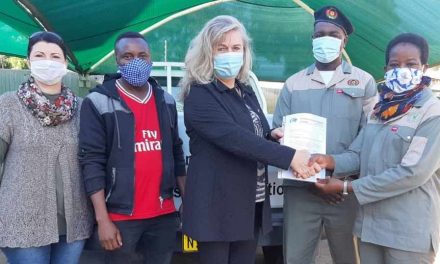
Household survey adopts tech route
The Namibia household Income and Expenditure survey (NHIES) will officially take off on 27 April. The survey will be conducted by the Namibian Statistic Agency using a new tablet application system.
The survey will cover more areas in terms of geographical location this year which will help give the agency a better representation of the survey.
New areas such as migration and food adequacy and health have been added in this year’s survey, while the focus on education and agriculture have also been expanded.
The survey collects data on income, consumption and expenditure patterns of households in all 14 regions. Demographic and socio-economic characteristics of households are a linkage to the successfully conducting the survey.
“Previous surveys used a paper questionnaire to collect data from selected households while this survey is using Tablets to collect data using Computer Assisted Personal Interview (CAPI) a tablet application. The main idea for change from paper questionnaire to digital questionnaire is to speed up the processing of data that is expected to be timely for planning purposes by data users,”said Ms Ottilie Mwazi Acting Director Demographics and Social Statistics at NSA . “The questionnaire paper trail will not be entirely cut off though as the other transactions are part of the main questionnaire that can only be conducted during a face to face interview with the selected households,” she added. The difference in this years survey is that it will not take as much days to conduct as the previous survey, which will be a relief to households.
“It took a period of 28 days to record the daily transactions of households the previous years. While this year it will only take 7 days to record the daily transaction of households. This is partly due to the introduction of the new technology system which will make the conducting of the survey more effective,” said Mwazi.
The public are always weary on what the information is going to be used for and the Economist spoke to Mwazi about the objectives for conducting such a survey.
“Firstly the survey is vital in providing information for monitoring and evaluation of socio-economic development. It provides information for poverty indicators and profiles within the nation.
“The survey also provides data on income distribution and differentials , it obtains consumption and expenditure patterns for the construction of a revised basket and weights for consumer price indices,” she said. The survey is to be conducted from April 2015 up until March 2016 and the public have been encouraged to co-operate with all field workers assigned to conduct the survey.










































